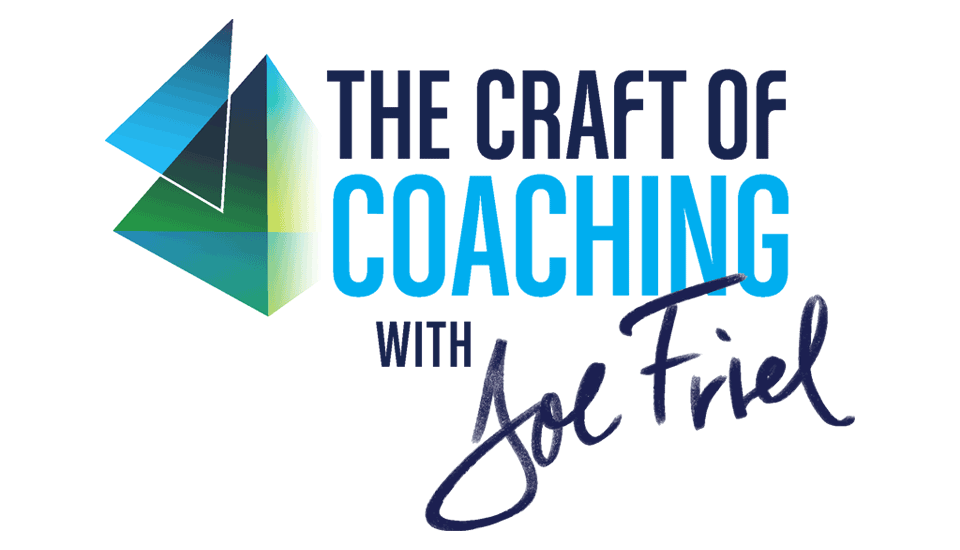Where to Draw the Line
Joe Friel talks to Alison Freeman and Ryan Kohler about some of the biggest lessons they’ve learned when it comes to drawing the line between life and sport.
Video Transcript
Joe Friel 00:04
Looking back on my own career, there were lots of opportunities where I could have jumped into the athlete’s life and dealt with something that was critical to them. It could have been things like weight loss, it could have been things like their family and how they get along. It could be financial situations, it could be personality situations. There were just some things I just stayed away from. They just weren’t… my role wasn’t to be involved in those things. Is there anything like that for you that stands out as being something that you would not get involved in?
Don’t Initiate Weight-Loss Goals
Alison Freeman 00:36
That’s a great question. I think an athlete’s weight is something we need to be really careful about kind of initiating conversation around. For starters, if you’ve ever been at a finish line, you know that athletes don’t finish in size order. As coaches, we know that there’s correlations between body weight and run pace, but I also know that if an athlete’s comfortable in their own body, I’m not going to tell them they shouldn’t be. So that’s just a topic that I don’t bring up with an athlete, if it’s not something that is already something that they’re talking about with me.
Joe Friel 01:20
So the athlete… they bring it up to you?
Alison Freeman 01:22
Yeah, and then I can talk to them. What I mostly like to talk to them about is how their interest in weight loss plays into the training, right? If they’re trying to lose weight during peak training, those are two incompatible phases. I can talk to them about how the training can play into the weight loss, but yeah, I always let the athlete bring that topic up. It’s not one that that I’m going to drive.
Joe Friel 01:52
I read a lot of stuff online, about coaches at really a very high level (collegiate coaches, national team coaches, and so forth), who weigh their athletes every day, and then try to embarrass them if their weight is not what the coach thinks it should be in front of other people, in front of the other team members. It’s not looking good for the coaching profession.
Alison Freeman 02:13
No, not at all. I think it’s been common for decades, and it’s just now getting talked about more, and it’s creating huge, huge problems with athletes and how they relate to food. It’s gonna create problems that are probably gonna live with these athletes for a long time, and I think these coaches are doing the athletes a real disservice.
Joe Friel 02:36
Good point. Ryan, how about you? Is there anything you’ve really tried to stay away from as far as challenges that your athletes are facing?
Don’t Let Training Hijack the Rest of Life
Ryan Kohler 02:44
Yeah, after inadvertently getting involved in one challenge, then realizing why I shouldn’t have, now I avoid it… like the plague. It was really getting… with this one athlete I had, again, early in my career, I was green, I didn’t know what I was doing. I thought, “Hey, I’ll travel. Yeah, we could do a training camp for you. I get to travel to another state and ride with you for a while.” The riding was great with good training. But then I did get to see this really interesting insight into [my athlete’s] home life with his family and kids and, you know, I had dinner at their house. That was my entry into red-flag world, where it was just like, one after another…
Ryan Kohler 03:22
Everybody had to eat the same way he was eating and it was extremely healthy. He weighed everything that went on the plate, and the family really took this second seat to his training. Seeing that was really eye-opening for me, where the unfortunate part is there was a divorce after that, and that really hit home because, it’s like, you don’t want to see that, right? But down the road as a coach, it helped me develop more of these questions and things to watch for. It helped me know: Hey, stay out of this as much as you can, but you know what red flags to look for. Then you can ask questions and maybe adjust training and do things a little bit more silently without having to go down that path again.
Joe Friel 04:02
That’s a good one. I found the same thing. I tried to stay out of people’s lives. I really wasn’t there to be their life coach, I was there to be their trainer to get them ready for competition. So good point.
